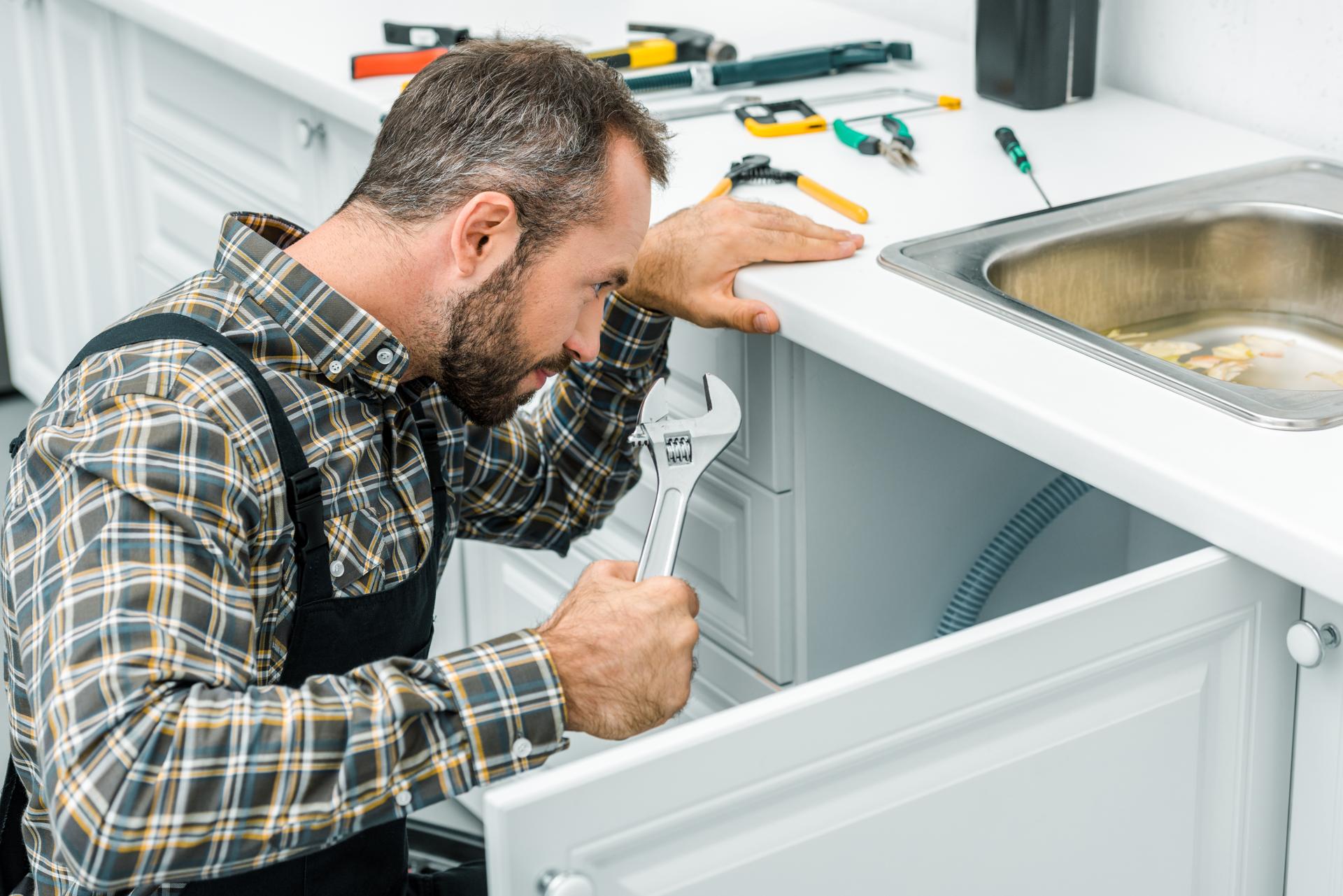The Pros of Employing a Skilled Plumber for a Clogged Drain

Clogged drains are a frequent plumbing issue that can create inconvenience and even health hazards if not addressed promptly. In this article, we will discuss the signs of a drain that is blocked DIY ways to clear it the drain, when you should call an plumber and the advantages of using an experienced plumber and some tips to prevent.
The Signs of a Blocked Drain
If you notice any of the following symptoms, you may have blocked drains:
- The water drains slowly in tubs, sinks or showers
- Gurgling noises coming from the drain
- Odors of foul odor emanating from the drain
- In tubs, sinks, or showers
- Standing water in the toilet bowl
DIY Methods to unblock an Drain
Here are some DIY techniques you can test before calling a plumber Utilization of a plunger: The plunger is a common tool used for unclogging the drains of toilets and sinks. It creates pressure that pushes the blockage down the drain. Use of a drain snake The drain snake is an elastic cable that can be put inside the drain in order to open it up and eliminate obstructions. Make use of natural remedies, such as baking soda, vinegar and baking soda: Mix baking soda and vinegar in a 1:1 ratio , and pour it into the drain. Allow it to rest for 30 minutes, and then flush by using warm water. Use of commercial drain cleaners: Be careful when using chemical drain cleaners as they could cause damage to the pipes or fixtures. Follow the directions with care.
When to Call for a Plumber
If DIY methods don’t work to unblock your drain or if see any of these indicators, you need to call a professional plumber:
- Multiple drains in the home are clogged simultaneously
- Strange noises emanating from pipes or fixtures
- Odors continue to persist after unclogging the drain
- Backflow of sewage or water from drains
Benefits of Hiring a Professional Plumber
There are many benefits to hiring an experienced plumber for drains that are blocked for example:
- Access to specific tools and equipment
- Expertise and experience in dealing with complex plumbing problems
- Expert diagnosis of the underlying plumbing problems
- Solutions for the long-term to prevent the possibility of future drain clogs
Conclusion
Clogged drains can be an issue however, by recognizing the signs and applying the correct DIY methods, you can often unclog them yourself. However, if the issue persists or you observe any of the indicators mentioned earlier, it’s best to contact a professional plumber. Not only will they fix the issue but they’ll also help you prevent future clogs.
FAQ
What is the cause of drain clogs?
Clogs in drains are caused by a myriad of things, including hair, soap scum, food particles and grease as well as foreign objects.
What can I do to prevent clogged drains?
You can prevent clogged drains by not putting large amounts of food, grease, and other debris in the drain. Use drain guards to catch hair, as well as any other debris and be sure to avoid pouring chemicals down the drain.
Do I have to use chemical drain cleaners?
Although chemical drain cleaners may prove effective, they could also damage pipes and fixtures. Always follow the instructions carefully and only use them sparingly.
What if I have a plumbing emergency during non-business hours?
Our plumbing company is available 24 hours a day, 7 days a week. services, so you are able to contact us at anytime, any time of the day or night.
How much will it cost to hire a professional plumber to clean your drain?
Costs for hiring an experienced plumber to clean your drains can vary depending on the severity of the clog and the area. It is advisable to inquire about a price from the plumber prior to beginning the work to avoid any unexpected costs. At South Auckland Plumber, our 24-hour plumbers are highly trained and experienced with a broad range of residential plumbing services. If you’re having trouble with a blocked drain, or another plumbing problem please don’t hesitate to contact our number at 0800 001 969. We’re ready to assist with all your plumbing issues within Auckland.
